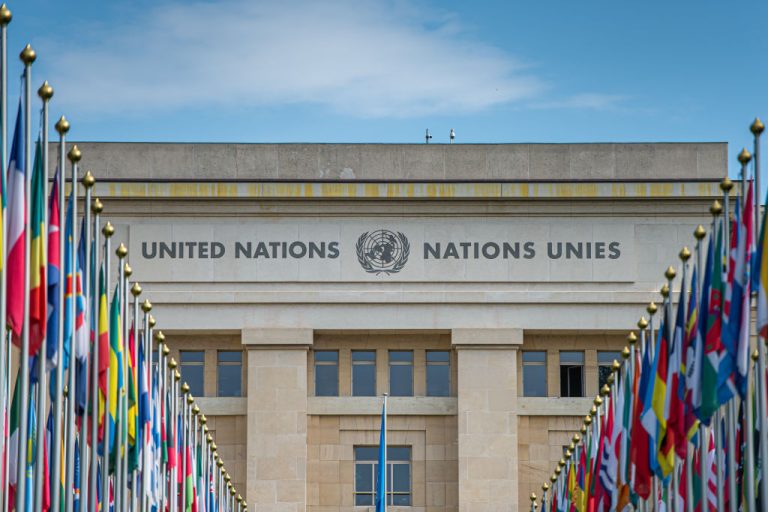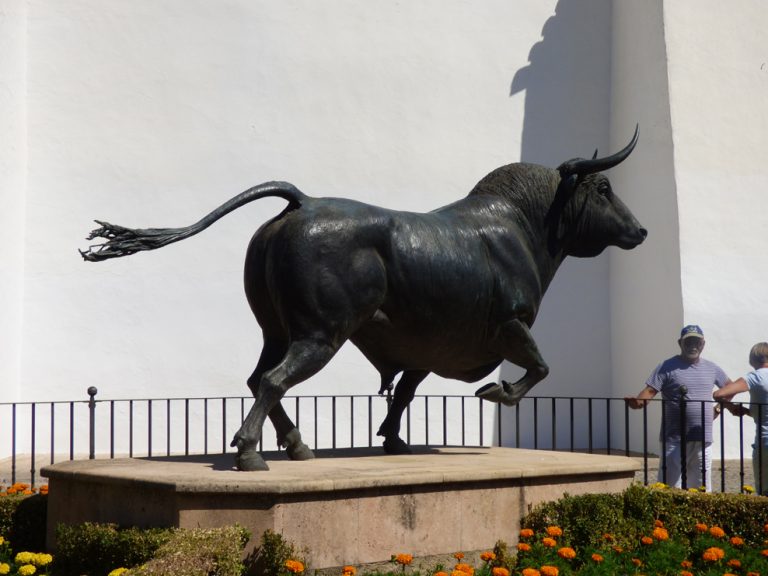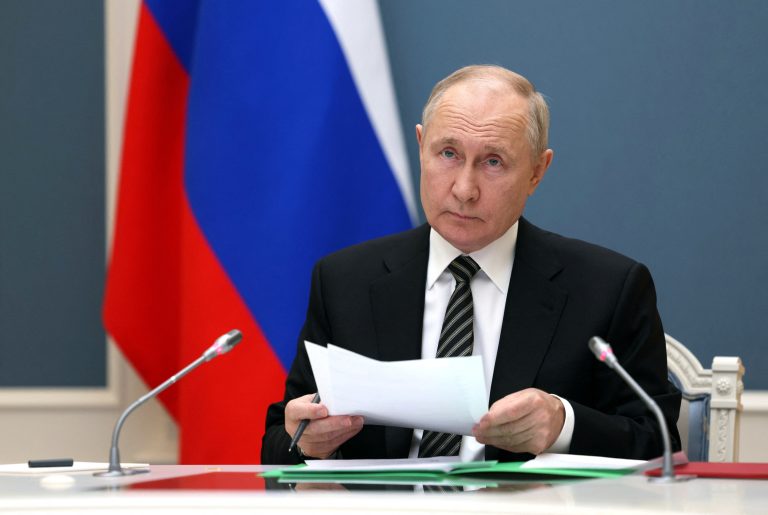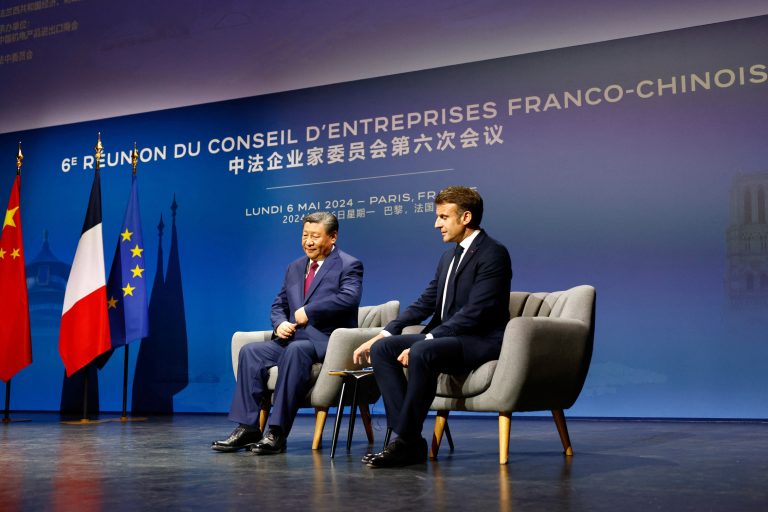A major United Nations (U.N.) conference on biodiversity has been moved outside of China after the meeting was postponed four times due to the country’s strict COVID-19 travel restrictions.
The Secretariat of the Convention on Biological Diversity, the U.N. body that stages the biodiversity conference, said on June 21, that the meeting, known as COP15 and originally scheduled to be hosted in the southwestern Chinese city of Kunming, would be moved to Montreal, Canada and held in December. China’s strict pandemic controls have hampered Beijing’s ability to project its diplomatic and cultural influence in the international arena.
The U.N. Biodiversity Conference which was widely expected to produce a global accord on protecting plants, animals and ecosystems, had originally been scheduled to be held in October 2020. After the first three postponements, delegates held the mostly online first part of the sessions in October 2021. Nearly 200 countries pledged to reverse biodiversity loss by 2030.
In May, China informed participants that a second, in-person session scheduled for August this year would be postponed, citing COVID conditions.
Almost at the same time, when Shanghai and other cities were following China’s zero-COVID policy to battle the local COVID outbreaks, Beijing postponed the Asian Games – originally planned to be held in Hangzhou this September, and relinquished its hosting duties for the Asian Cup soccer tournament – originally set to be staged in the summer of 2023.
Success
You are now signed up for our newsletter
Success
Check your email to complete sign up
The decision to move the U.N.Biodiversity Conference to Montreal was made Sunday during a meeting in the Kenyan capital of Nairobi that lasted less than half an hour and the official announcement of the move was made on Tuesday.
The decision to lock in a date for the U.N. Biodiversity Conference came as a relief to Ebony Holland, a senior researcher for the London-based International Institute for Environment and Development.
“Confirmation of a date and venue for these crucial talks is very welcome after months, if not years, of uncertainty,” Holland told The Wall Street Journal.
Although the meeting is going to be hosted by Canada, China will retain the COP15 presidency, and the two countries may have disagreed on which guests to invite for high-level talks.
Later this year, Chinese leader Xi Jinping is expected to begin his third term in office following the party’s national congress. Xi hasn’t left the country since the pandemic first broke out in Wuhan in early 2020, and only had talks with U.S. President Biden and attended G-20 leaders’ meetings via video conference.
In early February, Xi met with Russian President Vladimir Putin on the sidelines of the opening ceremony of the Beijing Winter Olympic Games. The two said that their friendship has “no limits.”
It was expected that China’s strict COVID-19 border control measures would not be eased until spring 2023. But in recent days, Beijing has started to relax some inbound travel requirements, such as shortening quarantine periods for travelers coming from overseas and relaxing requirements for work and family visas.
By April Chu.
















